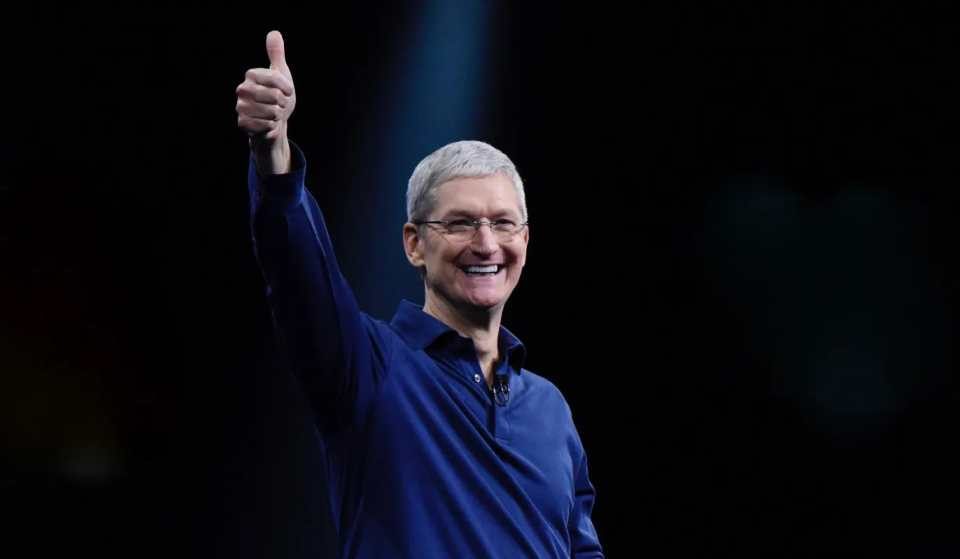Appeals court sided with Apple over its App Store rules in a lawsuit against Epic Games

Apple declares ‘resounding victory’ on Monday after an appeals court mostly sided with the iPhone maker over its App Store rules in a lawsuit with Epic Games. The verdict signals that Apple’s authority over the App Store and the fees it imposes are unlikely to undergo substantial changes as a result of an ongoing legal challenge by Epic Games.
In a ruling, the Ninth Circuit Court upheld the previous decision that mainly concluded that Apple did not breach antitrust laws by prohibiting rival app marketplaces on iPhones.
“Today’s decision reaffirms Apple’s resounding victory in this case, with nine of 10 claims having been decided in Apple’s favor,” a company spokesman said. “For the second time in two years, a federal court has ruled that Apple abides by antitrust laws at the state and federal levels.”
Following the ruling, Epic Games CEO Sweeney said in tweets, “Apple prevailed at the 9th Circuit Court. Though the court upheld the ruling that Apple’s restraints have ‘a substantial anticompetitive effect that harms consumers’, they found we didn’t prove our Sherman Act case.”
“Fortunately, the court’s positive decision rejecting Apple’s anti-steering provisions frees iOS developers to send consumers to the web to do business with them directly there. We’re working on next steps,” Sweeney added.
Apple prevailed at the 9th Circuit Court. Though the court upheld the ruling that Apple's restraints have "a substantial anticompetitive effect that harms consumers", they found we didn't prove our Sherman Act case.
— Tim Sweeney (@TimSweeneyEpic) April 24, 2023
It all started back in 2020 when Apple Apple removed Fortnite from the App Store after Epic Games lowered the cost of its V-Bucks. The new payment option appeared to have violated Apple’s App Store and Google’s Play Store rules, which require Epic to give up a 30% cut of the revenue made through the app. In response, Epic filed a lawsuit in the District Court of Northern California to end Apple’s anti-competitive restrictions on mobile device marketplaces.
But a year later, a federal judge ruled in Epic’s favor saying that Apple must allow third-party payments in its App Store and not force developers to in-app purchasing. Judge Yvonne Gonzalez Rogers handed said in a verdict of a closely-watched trial between Apple and Epic Games on Friday.
Judge Yvonne also issued a new permanent injunction against Apple, ruling that Apple’s anti-steering payment requirements for its app store are indeed anti-competitive and that third-party payment systems must be allowed going forward.
Then a month later, Apple appealed the ruling and asked for a stay on a judge’s September order saying Apple would have to allow apps to direct customers to external websites. Apple also filed a notice of appeal in the Epic Games case and is asking for a stay on the injunction that lets developers add in-app links to payment websites.
Founded in 1991 by Mark Rein and Tim Sweeney, Epic operates Fortnite, one of the world’s largest games with over 350 million accounts and 2.5 billion friend connections. Epic also develops Unreal Engine, which powers the world’s leading games and is also adopted across industries such as film and television, architecture, automotive, manufacturing, and simulation. Through Unreal Engine, Epic Games Store, and Epic Online Services, Epic provides an end-to-end digital ecosystem for developers and creators to build, distribute, and operate games and other content.




